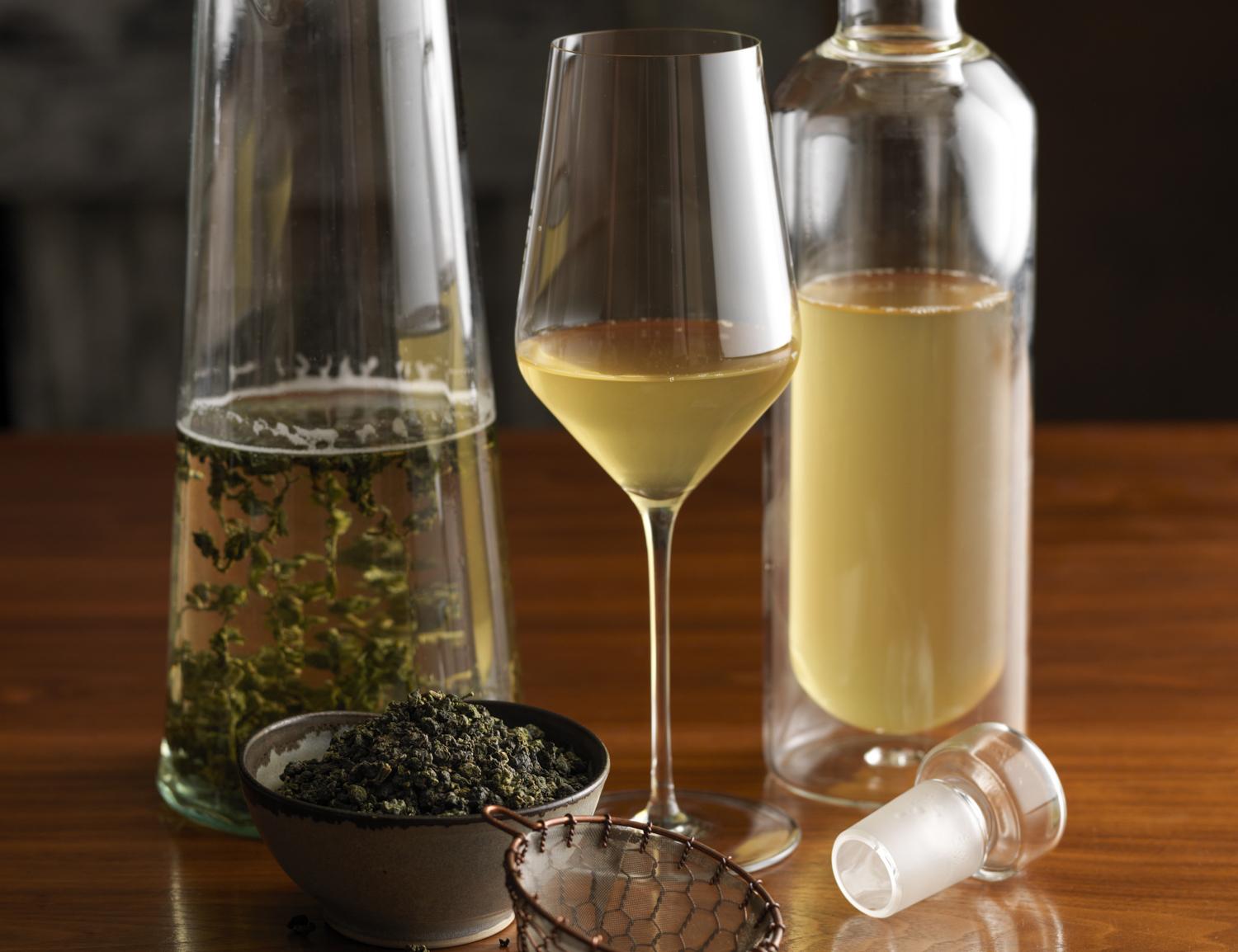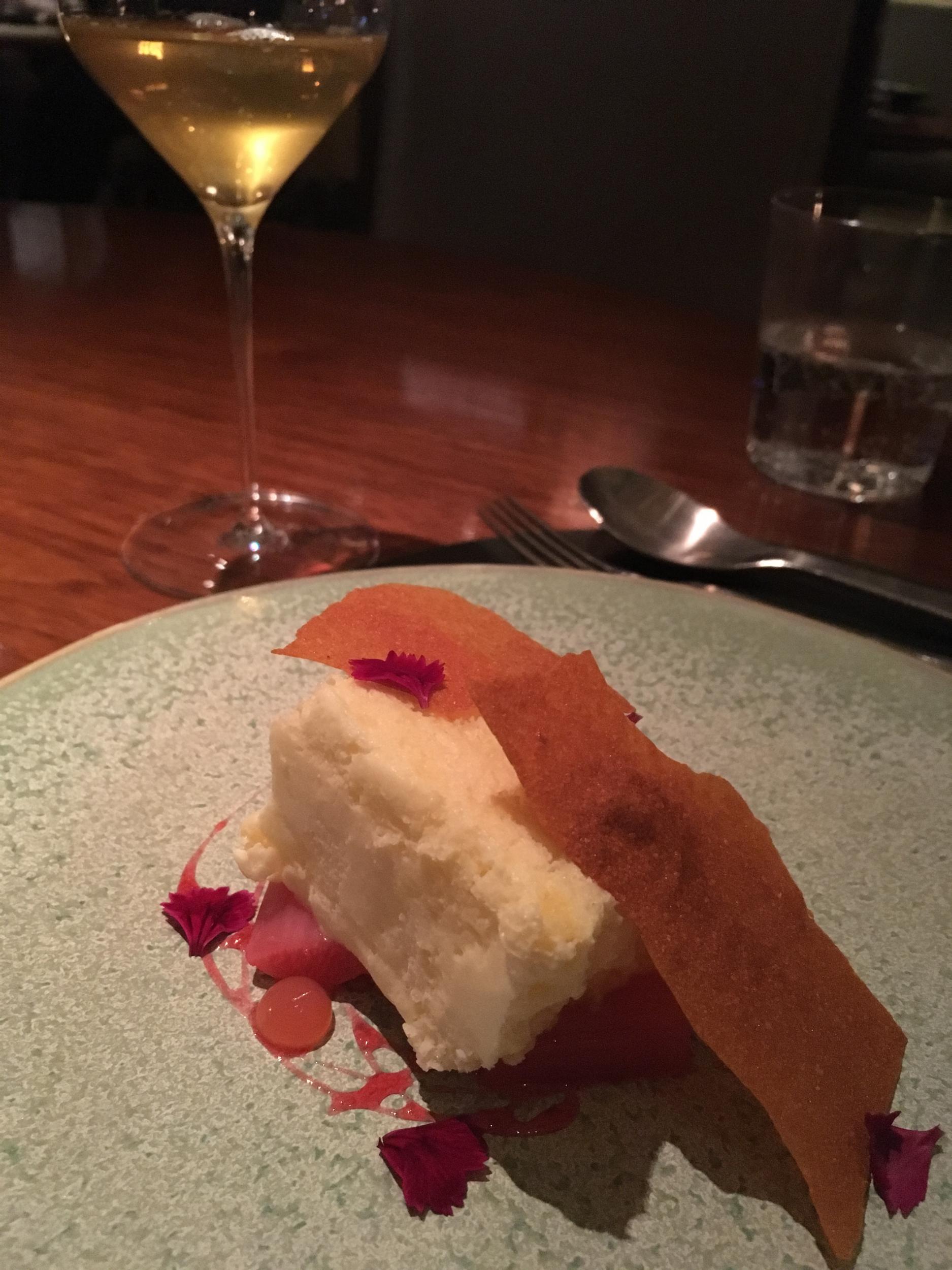Why fine-dining restaurants are pairing food with tea
The decline of boozy business lunches and the rise of health-consciousness means people are increasingly looking for lighter, non-alcoholic drinks with their food

Your support helps us to tell the story
From reproductive rights to climate change to Big Tech, The Independent is on the ground when the story is developing. Whether it's investigating the financials of Elon Musk's pro-Trump PAC or producing our latest documentary, 'The A Word', which shines a light on the American women fighting for reproductive rights, we know how important it is to parse out the facts from the messaging.
At such a critical moment in US history, we need reporters on the ground. Your donation allows us to keep sending journalists to speak to both sides of the story.
The Independent is trusted by Americans across the entire political spectrum. And unlike many other quality news outlets, we choose not to lock Americans out of our reporting and analysis with paywalls. We believe quality journalism should be available to everyone, paid for by those who can afford it.
Your support makes all the difference.As trendy hair salons and gyms start serving prosecco and cocktails, bars and restaurants are increasingly catering for a tee-total crowd.
Whilst the exceedingly expensive non-alcoholic spirit Seedlip continues to create a buzz in cocktail bars, some of London’s most traditional fine-dining establishments have taken another route to alcohol-free experiences by pairing food with tea.
One such restaurant is Michelin-starred Fera at Claridge's, who have launched an ambient brew tea pairing menu.
Created in response to the growing number of diners seeking non-alcoholic beverages, the restaurant decided to concoct an “alternative culinary journey”.
And this is not just any old tea - the brewing process begins with a short infusion of the leaves with hot water allowing for them to open, and then gently brewing the leaves in ambient-temperature still mineral water.
Some are brewed for as long as an hour before being cooled to the perfect service temperature, normally normally between 16 and 20C depending on the variety of tea.
Don’t picture mugs though - the teas are poured from decanters into wine glasses, which makes them seem a lot more appropriate to the luxurious environment and exceptional food.
Pairings include Cornish lamb, sweetbread, king oyster mushrooms and ramsons with a Hijiri Black Sun tea from Japan, and stout ice cream, buckwheat and verjus with a High Mountain Oolong tea from Taiwan.

They’re not cheap though - prices go up to £18 for a 500ml glass of tea.
The idea is that tea and wine share the same complexities, and by serving the tea at ambient temperatures, you can appreciate it much more.
Demand for alcohol-free dining has increased for a number of reasons. Boozy business lunches are largely a thing of the past - just last month, Lloyd’s of London banned employees from daytime drinking.
Plus many fine dining establishments are popular with Muslim clients.
Thomas Rabuel, the manager of Club Gascon, a Michelin-starred restaurant in the City, says he first noticed the increase in customers not wanting to drink alcohol six months ago.
“It’s challenging for us because as a restaurant you make more of a margin on your wine than you do on your food,” he explained to The Times.
“All of these big companies are not allowing people to drink any more at lunch, except the very big managers or people who are coming to sign a big deal. We looked at the numbers and saw that they were decreasing.”
The restaurant has been offering tea pairings for three months, in which time tea sales have increased 400 per cent.
“Now our regular guests know we provide that, it’s bringing us a new clientele, especially Japanese and Chinese people,” he said. “Also, if a woman is pregnant, she can’t drink alcohol.”
At Club Gascon, three teas to complement a five-course meal cost £15, as opposed to £20 for three wines.
The concept of fine teas appeals to many health-conscious diners too, who don’t want fizzy drinks or sugary juices but would prefer to drink something more interesting than water.
Join our commenting forum
Join thought-provoking conversations, follow other Independent readers and see their replies
Comments